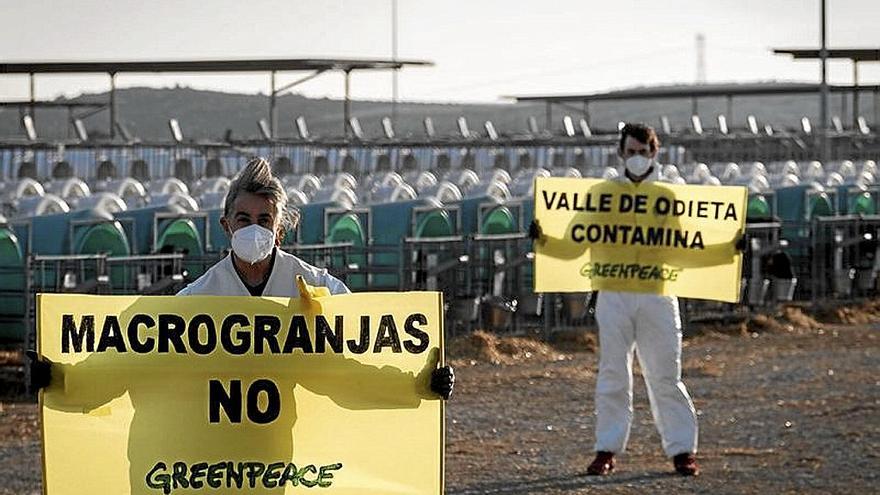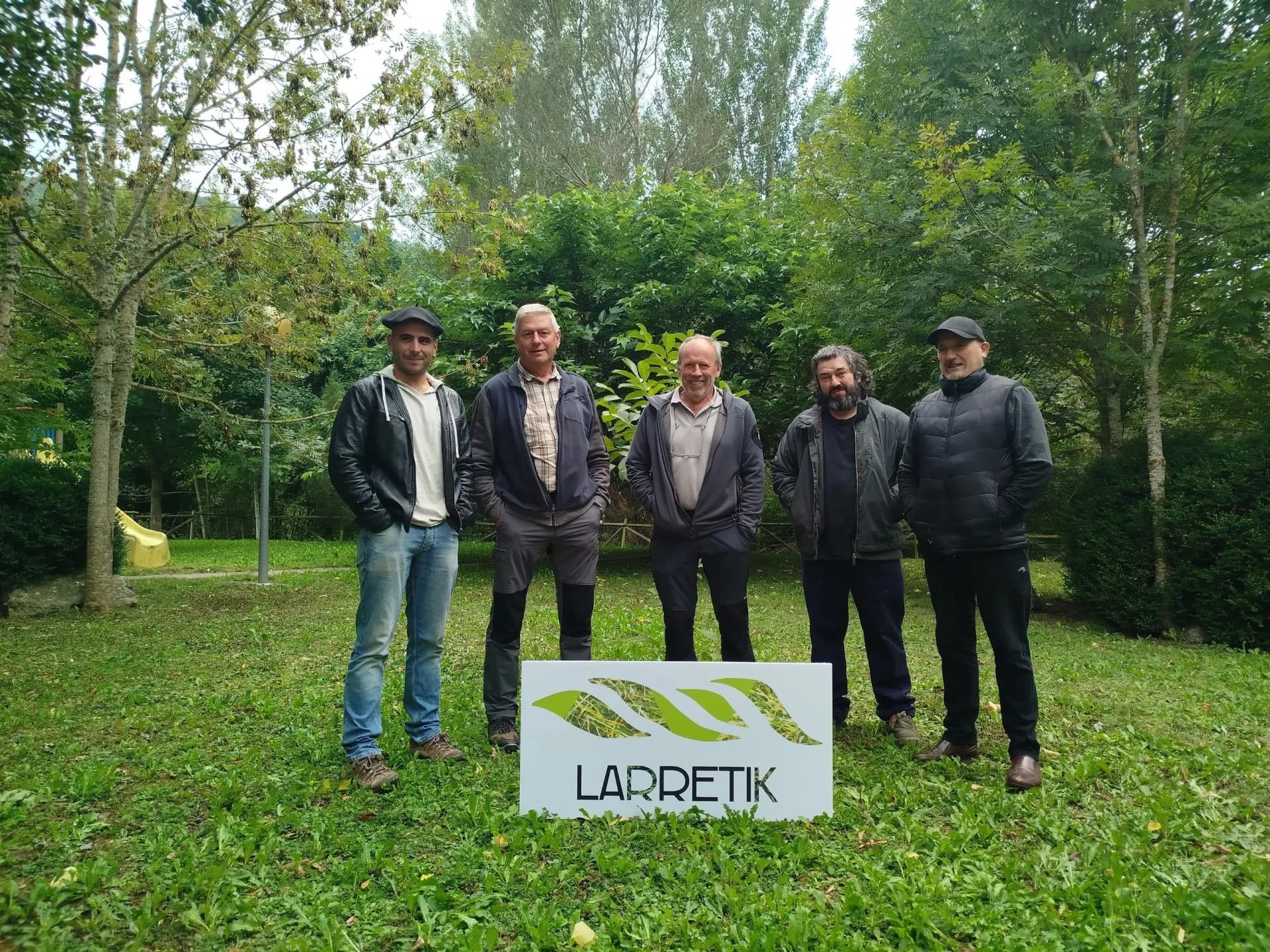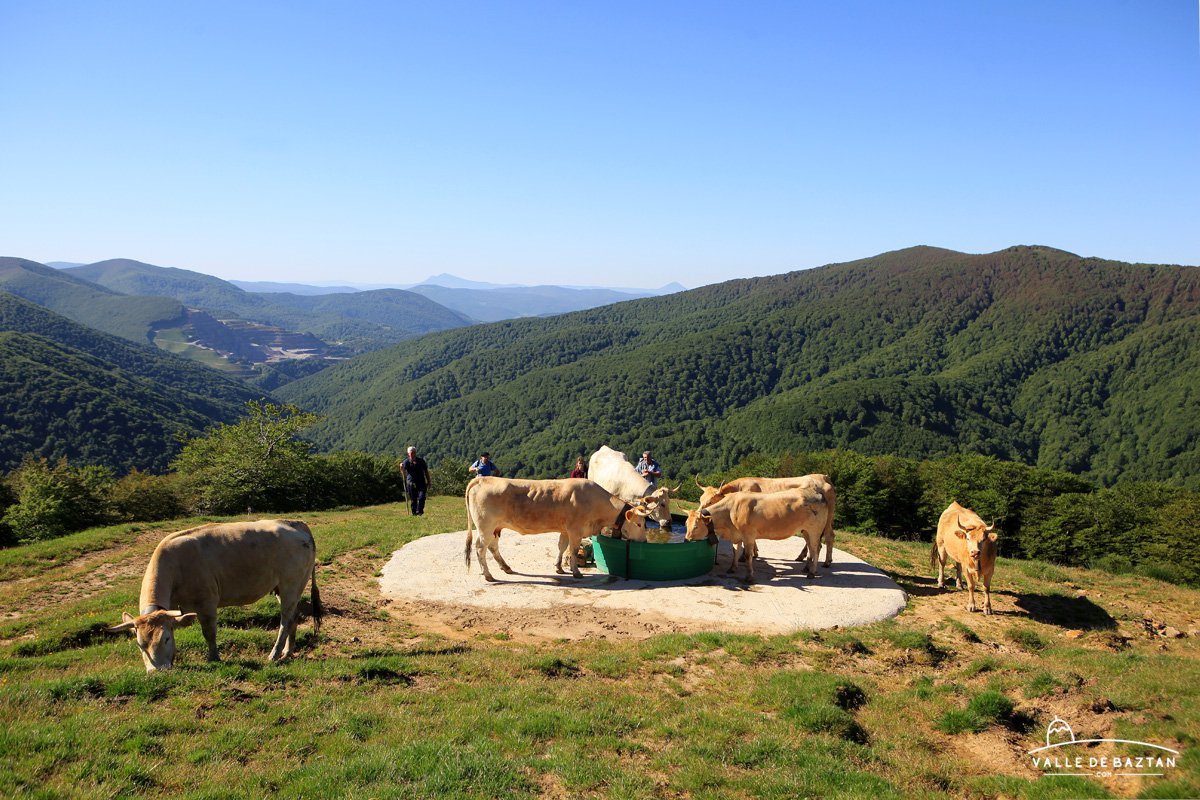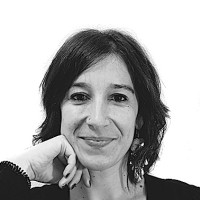With the cattle mold, they will be at four winds in Beasain
- From the question “What kind of livestock do we want in the Basque Country?”, there will be a round table in Igartza (Beasain).

Pastora Josebe Blanco of the farmhouse Pikunieta de Antzuola, the farmer Jon Murgiondo of the farmhouse Etxezuri de Aretxabaleta, the agronomist engineer Jakoba Errekondo and the doctor in Biology Aitziber Sarobe will sit next Wednesday, day 15, around the table of the Igarmeninglan Palace. Jokin Aldazabal will moderate the Ekosfera program of the Basque Country Irratia. The session is at 19:00.
What kind of livestock do we want in the Basque Country? From a broad question, each guest will speak from himself, telling his experience. This magazine has spoken with two of these four rapporteurs in advance of the ideas that will be put forward in the round table.
Working from the smallness
White is a pastor who makes organic cheese with a small herd. He highlighted that he has many reasons to "work from the smallness": "The first thing is that we can do our work as orderly as possible. We are aware that if we increased the herd, we could not take proper care of the sheep or make cheese... and that would have an effect on our prairies, on our mountains and on our environment."
"I would like a cattle ranching that seeks the wisdom that our ancestors had," Josebe Blanco (pastora). "From environmentalism we are not who to say which livestock model we would need," Aitziber Sarobe (PhD in Biology).
Consumer treatment also focuses on the size of own production: "We bet on direct selling, we don't want intermediaries." Asked the answer I could give to this general question, the answer is clear: "A cattle ranching looking for that knowledge that our ancestors had. They didn't have that deep-rooted exploitation instinct. They knew that if they received it, they had to give in to the land or the forest, there was a constant truce there.
Pikuni’s does not want to give lessons from anything to anyone. "I'm going to tell you about our experience at home, and if we're in this, it's because we believe in it," he added.
Looking for ways to collaborate
"From the world of environmentalism we are not who to say what kind of livestock we would need. We can give our opinion, yes, but I think it is a big question. We want to put the conditions and channels for collaboration". According to Sarobe, livestock farmers, pastors and farmers in general "are allies of conservationists, in addition to the most elementary", he added. Ecologists vs., the farmer says that the dichotomy is not real and believes it is due to a "number of demagogic messages" disseminated in society.
Sarobe sees the current exploitation model "moving further away from thinking about its effects on the environment and its consequences" and considers that the future should focus on "reducing or circumventing this impact". He has also been critical of the Administration ' s action.
Livestock workers seek a balance between the optimal quality of life of animals and the economic viability of production. Human beings have placed many physical limitations on the world to protect what is “our”, to protect our animals from external threats: foxes, wolves and... [+]
After a curving road we reached this vast plain. Behind all the shades of green that the fall offers, as a curtain, you saw the white and white Pyrenees. So we discovered Abaurregaina, the highest town in Euskal Herria. Next to the road, we visited the Bilobila project on a... [+]



















